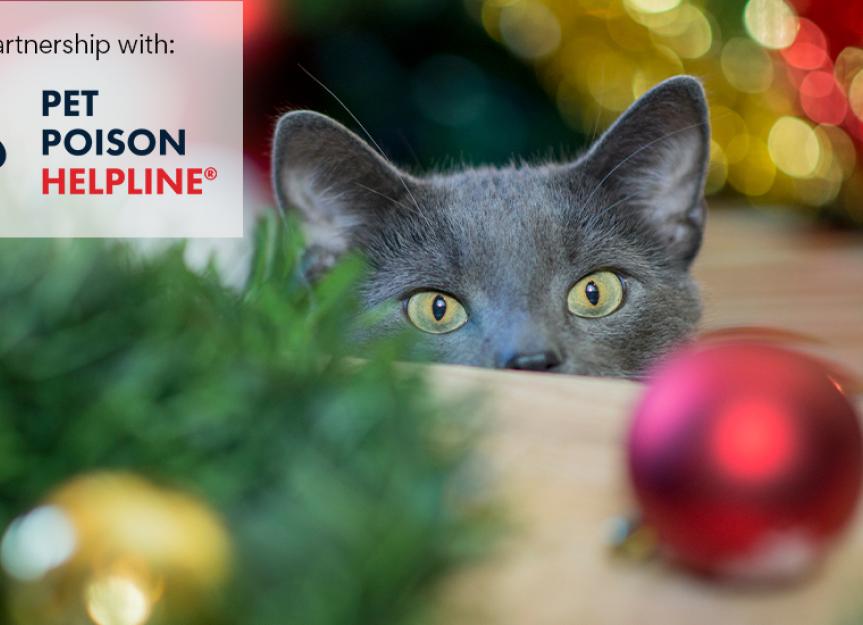As pet owners, we all want to ensure our furry friends lead healthy, happy lives. One of the most crucial aspects of pet care is vaccination. While it might seem tempting to save some money and vaccinate your dog or cat at home, there are several compelling reasons why you should leave this critical task to the professionals. Here are four reasons why you shouldn’t vaccinate your pets yourself.

1. Risk of Incorrect Administration
One of the primary concerns with administering vaccines yourself is the risk of incorrect administration. Vaccines are delicate biological agents that require precise handling and administration techniques. If you lack veterinary training or experience, you might unintentionally make a mistake during the process. For example, giving the vaccine in the wrong location or using an incorrect method (such as giving an intramuscular vaccine subcutaneously) could lead to severe complications or even ineffectiveness of the vaccine.
Furthermore, vaccines are often available in various forms (such as intranasal or injectable), and each type requires specific techniques for proper application. A veterinarian has the training necessary to administer vaccines correctly, ensuring maximum efficiency and safety for your pet.
2. Understanding Vaccine Protocols and Schedules
Vaccines are not one-size-fits-all. Different pets have different needs depending on their age, health status, lifestyle, and geographic location. A veterinarian is equipped with the knowledge to tailor a vaccination schedule that is suitable for your pet. For instance, certain vaccines may be required only in specific regions or for certain breeds particularly susceptible to certain diseases.
By vaccinating at home, you risk missing essential doses or administering unnecessary ones, both of which can have negative implications for your pet’s health. The veterinary profession often follows updated guidelines from reputable organizations, such as the American Animal Hospital Association (AAHA) and the American Veterinary Medical Association (AVMA), ensuring that the vaccines your pet receives are appropriate for their specific circumstances.
3. Monitoring for Adverse Reactions
Another crucial factor in pet vaccination is monitoring for potential adverse reactions. Like humans, pets can experience side effects from vaccines, ranging from mild reactions like swelling or soreness at the injection site to more severe conditions, including allergic reactions or anaphylaxis. When a veterinarian administers a vaccine, they can immediately observe your pet for any adverse reactions and take necessary steps to manage them if they arise.
If you vaccinate your pets yourself, you may not be prepared to recognize or respond to these reactions. In case of an emergency, every second counts, and having a trained professional present can make all the difference. It is essential to remember that while most pets handle vaccinations well, the risks of severe reactions are real and should not be understated.
4. Legal and Ethical Considerations
In many places, there are legal implications regarding who can administer vaccines to animals. In some states or regions, it is illegal for pet owners to give vaccines without a veterinary license. This regulation is in place for pet safety and public health. Administering vaccines without proper authorization can lead to legal consequences for pet owners, including fines or other penalties.
Furthermore, from an ethical standpoint, vaccinating your pets is a significant responsibility. Veterinarians spend years in education and training to understand animal health, immunology, and diseases. By employing a licensed veterinarian, you are ensuring that your pet receives the highest standard of care. It is essential to be respectful of the veterinary profession and rely on their expertise to protect and care for your beloved pets.
Conclusion
In summary, while vaccinating your dog or cat at home may seem like an appealing option, the potential risks far outweigh the pros. From the dangers of improper administration, the importance of tailored vaccine protocols, the need for monitoring adverse reactions, and legal regulations, there are numerous critical reasons to leave this task to qualified veterinarians.
Instead of taking on this responsibility yourself, invest in your pet’s health by seeking professional care. Regular veterinary visits not only ensure your pet receives the proper vaccinations but also allow you to build a solid relationship with a trusted professional who can support you throughout your pet’s life. Remember, preventative care through vaccinations is one of the best gifts you can give your beloved companion, and doing so with the help of a veterinarian guarantees the highest level of safety and efficacy.






